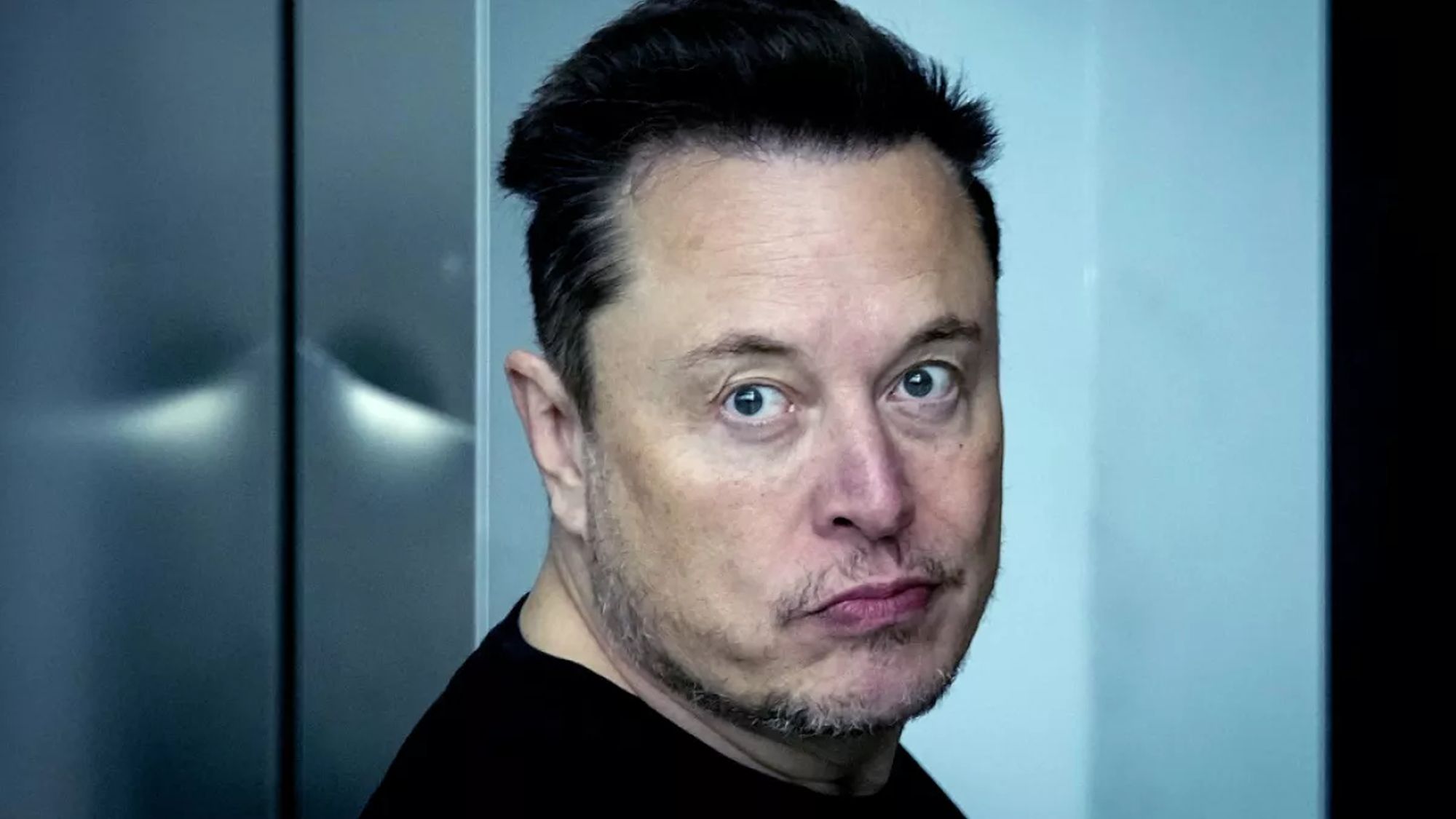Brazil’s Supreme Court Justice Alexandre de Moraes has ordered the inclusion of multibillionaire Elon Musk among the people investigated in the inquiry into digital militias, which investigates the alleged criminal activities of groups suspected of spreading fake news on social networks to influence politics.
In the same decision, announced late on Sunday (Apr. 7), Justice Moraes ordered the opening of a preventive inquiry into the conduct of Musk, owner of the social network X (formerly Twitter), among several other companies.
According to the justice, the inclusion of the executive in the digital militias inquiry was motivated by the possible “deliberate criminal instrumentalization of social network X.”
The opening of a new case comes as a result of Musk’s recent statements, such as that he would release X user accounts suspended by Brazilian court decisions, which Justice Moraes classifies in his decision as possible obstruction of justice and incitement to crime.
“I also order social network provider X to refrain from disobeying any court order already issued, including any reactivation of an account whose blocking has been ordered by this Supreme Court or by the Superior Electoral Court, under penalty of a daily fine of 100 thousand reais (about US$ 20,000) per account and liability for disobedience to the court order of those legally responsible for the company in Brazil,” Justice Moraes stated.
Criticism
The justice made his decision a day after the multibillionaire published the first in a series of posts on social media criticizing the justice as well as the Supreme Court. Last Saturday (April 6), Musk used the comments section of the justice’s profile on X to attack him.
In another publication, also on Saturday, Musk promised to lift all judicial restrictions, claiming that Justice Moraes had threatened to arrest X employees in Brazil. Early on Sunday afternoon (April 7), shortly before the minister made his decision public, Musk accused Justice Moraes of brazenly and repeatedly betraying the Constitution and the Brazilian people. Arguing that Moraes’s demands violate Brazilian law itself, Musk called for the justice to resign or be removed from office.
Shortly afterwards, he recommended that Brazilian internet users use a virtual private network (VPN) to access all the platform’s resources blocked in Brazil.
Disinformation campaign
In his sentence, Justice Moraes maintains that, on April 6, the owner of X “began a campaign of disinformation about the actions of the Supreme Court and the Superior Electoral Tribunal, reiterated on April 7, instigating disobedience and obstruction of justice, also concerning criminal organizations.”
He also cites another probe, from 2019, which looks into evidence of the dissemination of false news, slanderous accusations, threats, and other infractions, to point out that the “criminal instrumentalization of social network providers and messaging services for [the commission of] the widest practice of criminal activities on social networks” is “evident.”
“I would like to emphasize that it is unacceptable for any of the representatives of the providers of social networks and private messaging services, especially the former Twitter, now X, to be unaware of the criminal instrumentalization that has been carried out by digital militias in the dissemination, organization, and expansion of countless illicit practices on social networks, especially in the serious attack on the democratic rule of law and the attempt to destroy the Supreme Court, the National Congress, and the Planalto palace—the Brazilian Republic itself—especially after the attempted coup of January 8, 2023,” Justice Moraes stated, recalling that he himself had met on different occasions with representatives of the main digital platforms to discuss “the real danger of criminal instrumentalization.”
ABr

